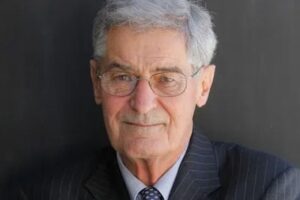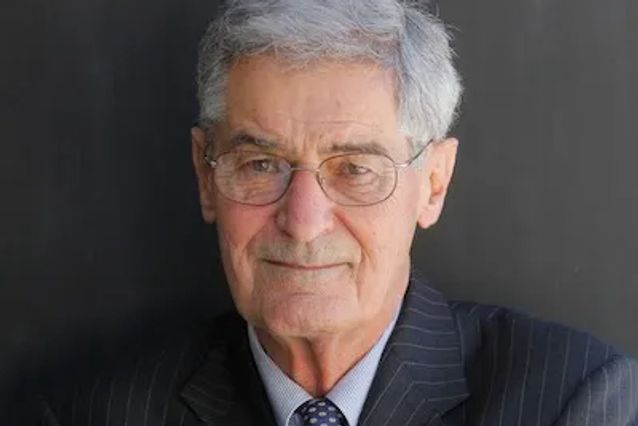
Thirty days have passed since my Wall Street Journal obit of Bob Lucas was published, so I can reproduce it below.
Robert E. Lucas Jr. Brought Rationality to Macroeconomics
A Nobel laureate and a giant in the field dies at 85.
By David R. Henderson
May 15, 2023 at 6:01 pm ET (May 16 print edition)
Keynesianism had taken some lumps by the early 1970s, but it was still the dominant school in macroeconomics. Then Robert E. Lucas Jr. came along. The longtime University of Chicago economist died Monday at 85.
In a famous 1972 article, Lucas made a crucial observation. He noted that virtually every macroeconomic model erroneously assumed, implicitly or explicitly, that government officials who made economic policy could essentially fool people into making irrational decisions. Microeconomics assumed people were rational. Why shouldn’t macroeconomics make the same assumption? For this and other insights he was awarded the 1995 Nobel Prize in Economics.
Over time, Lucas argued, people would start to understand the model that policy makers used for the economy. That meant, for example, that if the Federal Reserve increased the growth rate of the money supply to get a temporary reduction in unemployment, the policy would work only if the actual growth rate was bigger than what people expected.
Lucas extended this thinking in a 1976 article that came to be called “the Lucas critique” of macro models. He argued that because these models were from periods when people had one set of expectations, the models would be useless for later periods when expectations had changed. While this might sound disheartening for policy makers, there was a silver lining. It meant, as Lucas’s colleague Thomas Sargent pointed out, that if a government could credibly commit to cutting inflation, it could do so without a large increase in unemployment. Why? Because people would quickly adjust their expectations to match the promised lower inflation rate. To be sure, the key is government credibility, often in short supply.
Lucas also did work in the 1980s that broke down the barrier between development economics, which focused on poor countries, and the study of economic growth. He thought that the same tools, such as tax policy, used to achieve economic growth in rich countries could be used to generate growth in poor countries. One of his most quoted statements comes from his 1988 paper “On the Mechanics of Economic Development.” After asking what the Indian government could do to get growth like that of less-poor Indonesia or Egypt, Lucas wrote that “the consequences for human welfare involved in questions like these are simply staggering: Once one starts to think about them, it is hard to think about anything else.”
Lucas was willing to change his mind when the evidence demanded it. In the early 1960s, he thought that taxing capital gains like ordinary income was “the single most desirable change in the U.S. tax structure.” By 1990 he had concluded that “neither capital gains nor any of the income from capital should be taxed at all.” He estimated that cutting the tax rate to zero would increase the capital stock by about 35%.
The Nobel committee called Bob Lucas “the economist whose work has had the greatest impact on the development of macroeconomics and macroeconometrics since 1970.” That’s putting it mildly. He will be missed.
Mr. Henderson is a research fellow with Stanford University’s Hoover Institution and editor of the Concise Encyclopedia of Economics.
There were many stories I couldn’t fit within my word limit. Here is one of my favorites:
Bob Barro, now at Harvard, was a colleague of Bob Lucas at the University of Chicago at a time when smoking was allowed pretty much everywhere. Bob Barro hated cigarette smoke; Bob Lucas was almost a chain smoker. But Barro highly valued conversations with Lucas. How highly? Barro had a sign on his door that stated, “No smoking, except for Bob Lucas.”


Comments are closed.